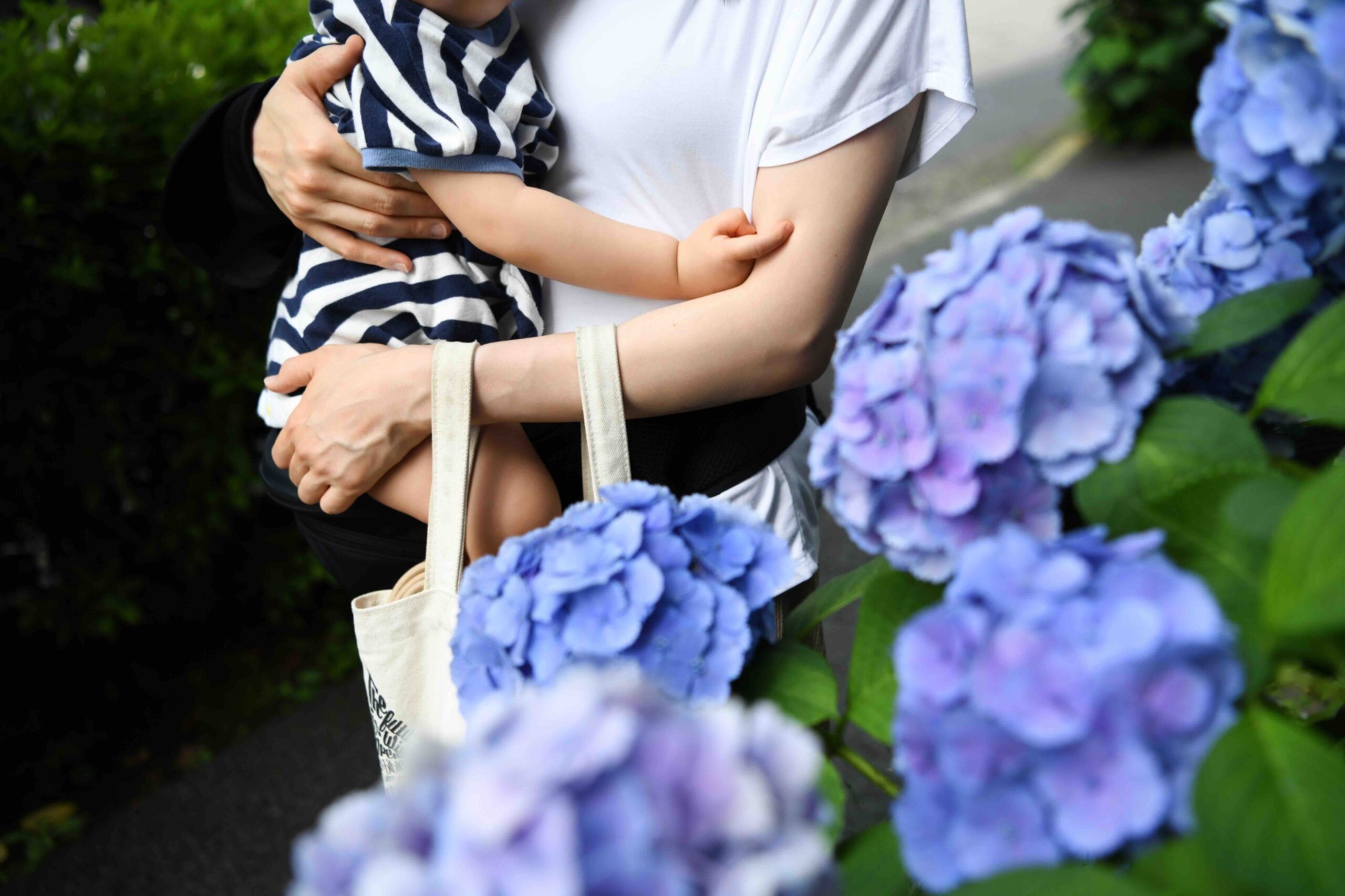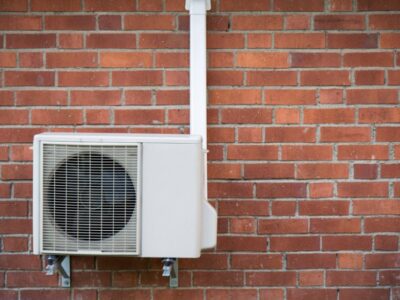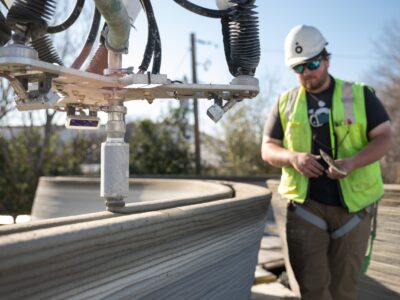(Bloomberg) —
This is from the Green Daily newsletter. Sign up to receive it in your inbox.
At some point during my mid-to-late twenties, I told my mom I wouldn’t have children because I was worried about the state of the planet. That was over a decade ago, and the number of people with that level of climate anxiety has grown.
In 2017, a study published in Environmental Research Letters found that having one fewer child was the single biggest thing anyone could do to curb their emissions.
The study was reported widely in the media and leapt upon by columnists frustrated by what they perceived as a bias toward parents in society. It was also used as a key argument by the Birthstrike movement, which formed in England in 2018, encouraging people to forgo having children to protect the world from worsening social, economic and environmental conditions.
The issue seemed to reach fever pitch in 2019 when US congresswoman Alexandria Ocasio-Cortez pointed to the dire scientific consensus that future generations will have tougher lives: “It does lead young people to have a legitimate question: is it OK still to have children?”
But the problem with the 2017 study is that it doesn’t take government policies into account, says Johannes Ackva, climate research lead for the Founders Pledge charity. “Having a kid is much less consequential than it looks,” he says.
The main flaw he sees in the 2017 study is that many countries and states where people are concerned about their climate impact, such as the UK, California and the European Union, actually have strong policies to drastically cut emissions.
That means today’s emissions are a poor proxy of a child born today, says Ackva. If a country has a credible net-zero target, then the impact of additional children should also be near zero as those targets don’t depend on the number of people in the country.
Even if countries achieved their net-zero targets five years later, that would still mean emissions in 2050 would be significantly less than they are today.
It’s highly unlikely that today’s toddlers will one day be driving petrol cars, given the existing trends towards electric. In the UK, where I live, new buildings from 2025 will be banned from using gas boilers, so are more likely to favor district heating systems or heat pumps.
There are more important things to focus on. When I told my mom about my plans, she countered that if everyone who was worried about the state of the planet decided not to have children, and only climate skeptics procreated, that would do no good at all for action on global warming.
It reminded me of Mike Judge’s disturbingly prophetic 2006 film Idiocracy, in which Luke Wilson plays an average American who is frozen for 500 years, only to wake up and find he’s the smartest person on the planet. The earth, as the movie title suggests, had become overrun by idiots, as smarter folk perpetually delayed having kids for fear the environment, economy and everything else was getting worse.
One of the biggest threats to strong climate policies is not babies, but political resistance. Individuals from high-income countries have an outsized ability to shape long-term emissions outcomes, argues Ackva. If Malena Ernman and Svante Thunberg had decided not to have children in 2003, there wouldn’t be a Greta Thunberg to start the schools strike movement and all the events that followed, including increased pressure on governments to do more on cutting emissions.
In the end, I decided I did want a child and it would have been a huge personal sacrifice to forgo that. More than a decade of writing about the climate had also taught me that big business and government has a far larger role to play in cutting emissions. So nineteen months ago I gave birth to a baby boy, and I will encourage him to stand up for what he believes in and vote whenever he can.
To contact the author of this story:
Jess Shankleman in London at jshankleman@bloomberg.net
© 2024 Bloomberg L.P.





